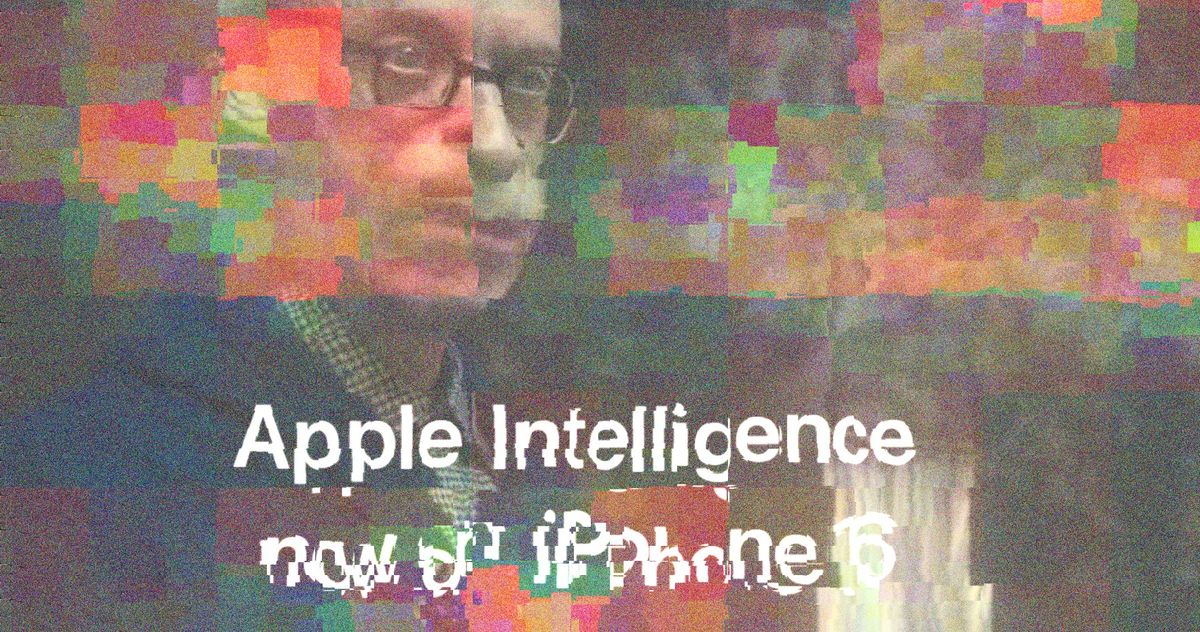As artificial intelligence revolutionizes the marketing landscape, businesses must adapt or risk … [+]
Adobe Stock
The quiet hum of AI servers is rapidly drowning out the traditional drumbeat of marketing departments worldwide. As we venture deeper into 2025, this technological revolution isn’t just changing how we market – it’s fundamentally transforming what marketing means.
Over the last decades of analyzing digital trends, I’ve never seen such a profound shift in how businesses connect with their customers. While AI and automation are undoubtedly the stars of this show, other fascinating developments are emerging from the wings, from the evolution of influencer culture to a growing emphasis on digital privacy. Let’s explore the most significant trends that will shape marketing’s future in the coming year.
The Move Towards Dynamic Content Creation
The buzz around generative AI isn’t just hype – it’s the harbinger of a fundamental shift in content creation. But here’s the interesting part: while many marketers are still stuck in the basic ChatGPT-generated blog post phase (a strategy that’s increasingly showing its limitations), the real innovators are pushing boundaries we didn’t even know existed. They’re creating content that adapts in real-time, responding to context and audience sentiment in ways that make traditional personalization look primitive.
What’s particularly exciting is how forward-thinking content creators are integrating AI into their creative process itself. They’re not just using AI to generate content – they’re showing their audiences how to use it in novel ways, creating engaging meta-content that builds authority and drives engagement. In 2025, we’ll see the emergence of truly dynamic content that transforms based on viewer behavior, time of day, or even global events, taking the concept of marketing “micro-moments” to an entirely new level.
AI’s Strategic Takeover
While AI’s role in tactical marketing operations is well established, 2025 will mark its emergence as a crucial strategic partner. We’re moving beyond basic data analytics and recommendation systems into an era where AI actively participates in high-level planning and decision-making. Imagine AI systems that can predict future market trends with unprecedented accuracy, simulate entire campaign outcomes before launch, and optimize resource allocation in real time.
This strategic evolution of AI is particularly exciting because it’s happening first in marketing departments. As we push into 2025, marketing teams are becoming the proving ground for AI’s ability to contribute to strategic business decisions, setting patterns that other business functions will likely follow.
Search Is Dead, Long Live Search
The integration of generative AI into search engines isn’t just an upgrade – it’s a complete reimagining of how people find information online. With both Google and Bing now embedding AI-generated responses directly into search results, marketers are facing a fundamental shift in how they approach visibility. The traditional SEO playbook isn’t just being updated – it’s being completely rewritten.
But here’s what makes this trend particularly fascinating: as AI chatbots increasingly become the go-to tool for information seeking, we’re seeing a shift in user behavior that could rival the move from desktop to mobile. Marketing teams are now grappling with the challenge of not just ranking in traditional search results but also ensuring their brand messages are effectively captured and conveyed through AI-generated responses. This isn’t just about keywords anymore – it’s about understanding and influencing the AI systems that are becoming the new gatekeepers of information.
Video Marketing Gets A Brain Upgrade
If content is king, video continues to be its crown jewel. The appetite for quick, engaging, “snackable” video content shows no signs of slowing down, particularly among Gen-Z consumers. What’s changing is the sophistication of video creation and distribution. AI-driven video production tools are making it possible to create personalized, targeted video content at scale, while new formats like shoppable video and live streaming are opening up exciting new possibilities for brand engagement.
User-generated content remains a powerful force, but the tools and platforms for creating and sharing it are becoming increasingly sophisticated. In 2025, the ability to create, optimize, and distribute video content will become less about technical capability and more about strategic application.
Your Next Influencer Might Not Be Human
Virtual influencers have been around for a while, but 2025 is the year they get smart – really smart. We’re moving beyond static digital avatars to AI-powered personalities that can engage in meaningful, real-time interactions with audiences. This isn’t just about posting pretty pictures anymore – it’s about creating authentic connections through intelligent conversation.
The implications for brands are enormous. Imagine having an influencer who perfectly embodies your brand values, is available 24/7, and can engage with thousands of followers simultaneously in personalized conversations.
The Privacy Paradox
The marketing world has long grappled with the balance between personalization and privacy. As we move into 2025, this balance is becoming more crucial – and more complex – than ever. Smart marketers are adopting what I call “privacy-first personalization,” an approach that delivers highly relevant experiences while maintaining transparent and ethical data practices.
This isn’t just about compliance with growing regulations – it’s about building trust in an era where consumers are increasingly aware of and concerned about their digital footprint. The marketers who succeed in 2025 will be those who can deliver personalized experiences while demonstrating a genuine commitment to protecting consumer privacy.
Looking ahead, it’s clear that success in 2025’s marketing landscape won’t just be about adopting new technologies – it will be about using them thoughtfully and strategically to create genuine value. The most successful marketers won’t be those who chase every new trend but those who understand how to integrate these innovations into a coherent strategy that puts the customer first.



